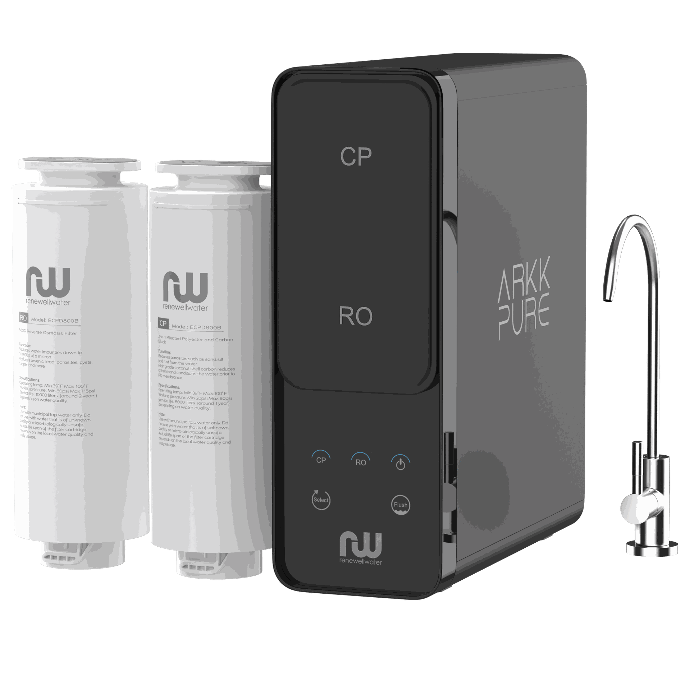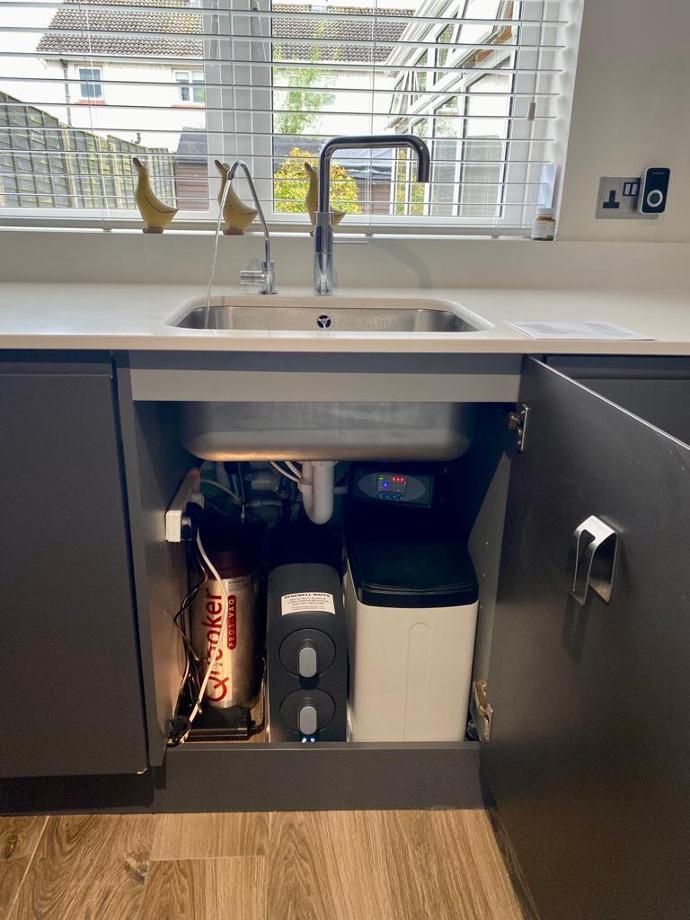Is a Reverse Osmosis (RO) System Worth the Cost? Weighing the Benefits and Considerations
When it comes to ensuring the quality and safety of your drinking water, various options are available, including filtration pitchers, faucet-mounted filters, and whole-house systems. Among these, reverse osmosis (RO) systems have gained popularity for their ability to provide exceptionally pure and clean drinking water. However, RO systems often come with a higher upfront cost compared to other filtration methods. In this blog post, we’ll explore whether investing in an RO system is worth the expense by examining the benefits and considerations associated with these systems.

The Basics of Reverse Osmosis (RO)
Before diving into the cost-benefit analysis, let’s understand what a reverse osmosis system does:
Filtration Process:
An RO system uses a semipermeable membrane to remove impurities, contaminants, and particles from water. It is highly effective in removing substances like dissolved solids, heavy metals, bacteria, viruses, and chemicals.
Pure Water Output:
The result is water that is exceptionally pure and free from most contaminants, making it safe and enjoyable to drink.
Benefits of a Reverse Osmosis System
Exceptional Water Quality:
RO systems are renowned for their ability to produce water of unparalleled quality, removing up to 99% of impurities, including harmful substances like lead, arsenic, and chlorine.
Better Taste and Odor:
RO water often tastes and smells better than tap water, as it eliminates common contaminants that can affect the taste.
Health and Safety:
With the removal of potentially harmful substances, RO systems provide peace of mind regarding the safety of your drinking water, especially for those with compromised immune systems.
Environmental Impact:
RO systems can reduce the reliance on bottled water, which can be more sustainable in the long run, leading to fewer plastic bottles in landfills.
Convenience:
Having clean water readily available at your tap means you don’t need to buy, store, or carry bottled water, making it a convenient choice.
Considerations and Costs
While RO systems offer numerous advantages, it’s important to consider the following factors:
Upfront Cost:
RO systems can be more expensive to purchase and install compared to other filtration methods. Costs can vary depending on the complexity of your water quality issues and the system’s capacity.
Maintenance:
Regular maintenance, including replacing filters and sanitizing the system, is necessary to ensure continued effectiveness.
Wastewater:
RO systems produce wastewater as they filter water. This can result in a significant amount of water being discarded, which is a consideration in areas with water scarcity.
Flow Rate:
RO systems typically have a slower flow rate compared to unfiltered tap water, which can be a drawback if you require large volumes of water quickly.

Is an RO System Worth It for You?
Ultimately, whether an RO system is worth the cost depends on your specific needs and priorities. If you highly value water quality, taste, and safety, and are willing to invest in maintenance and potentially address wastewater concerns, an RO system can be a valuable addition to your home.
Is A Reverse Osmosis System Worth The Cost?